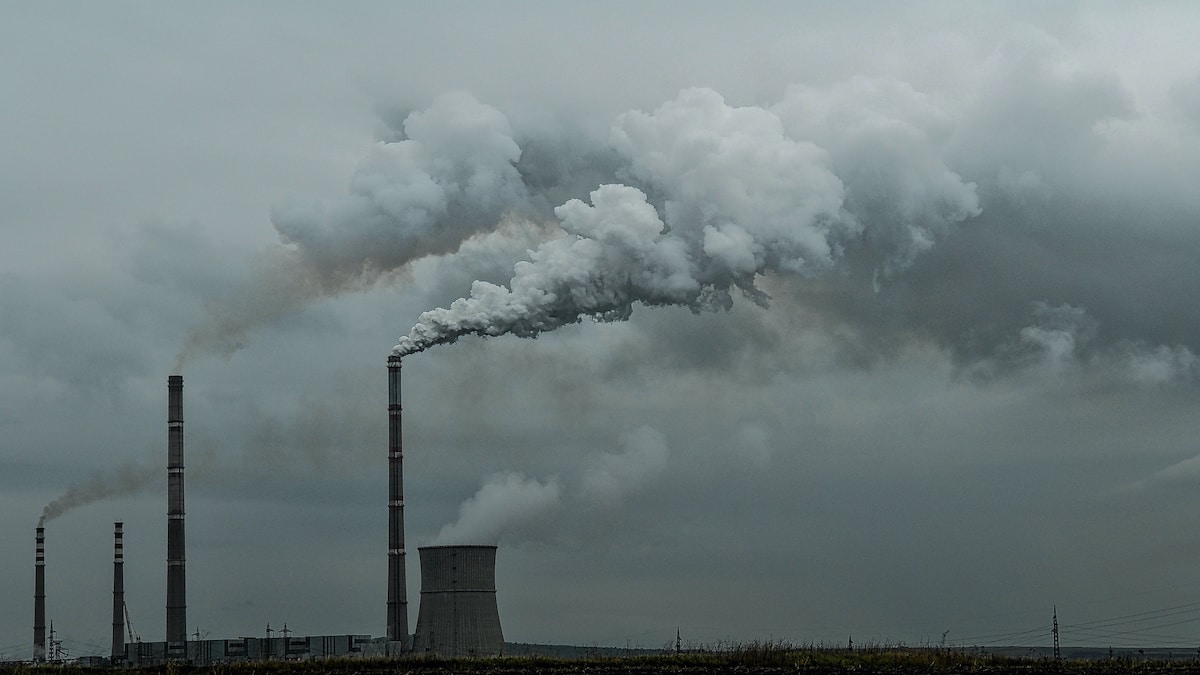MOST RECENT
POPULAR

The best of EcoWatch, right in your inbox. Sign up for our email newsletter!
EPA Has Granted More Than 3,000 Pollution Monitoring Exemptions to Oil and Gas Industry

Environmental regulators across the country granted more than 3,000 requests from polluting oil and gas operations, government facilities, chemical plants, and other facilities to stop pollution monitoring and other procedures intended to protect human health and the environment, an expansive two-month AP investigation revealed.
For a deeper dive:
For more climate change and clean energy news, you can follow Climate Nexus on Twitter and Facebook, and sign up for daily Hot News.
EcoWatch Daily Newsletter
Related Articles from EcoWatch
Recent Stories from EcoWatch

 233k
233k  41k
41k  Subscribe
Subscribe 